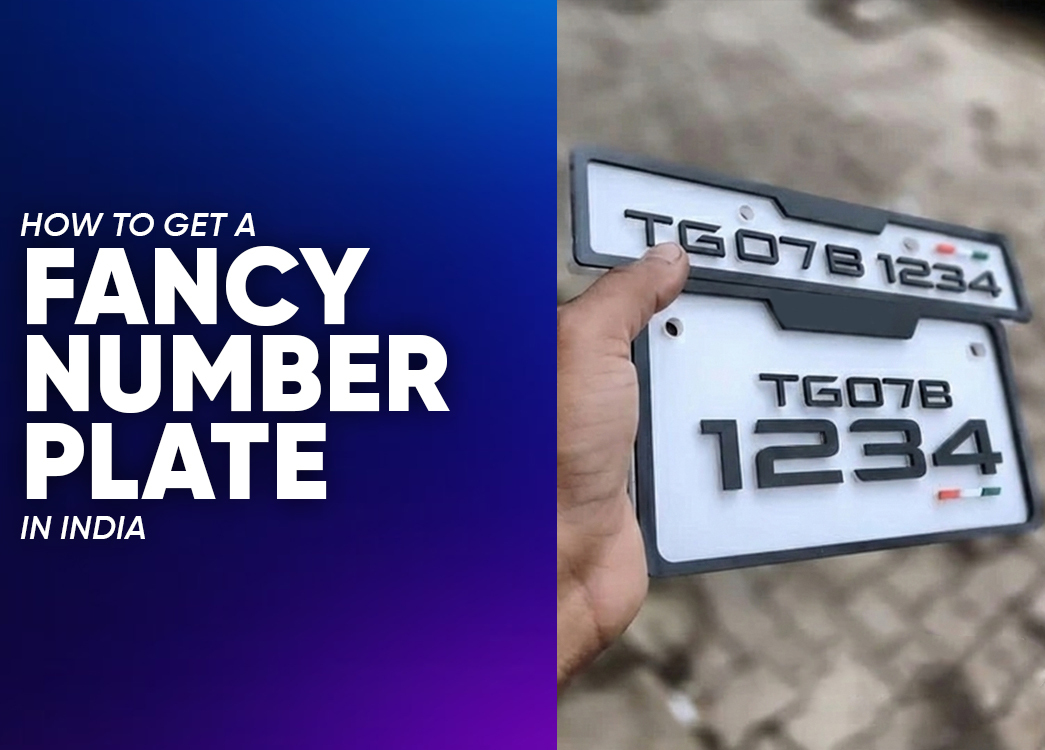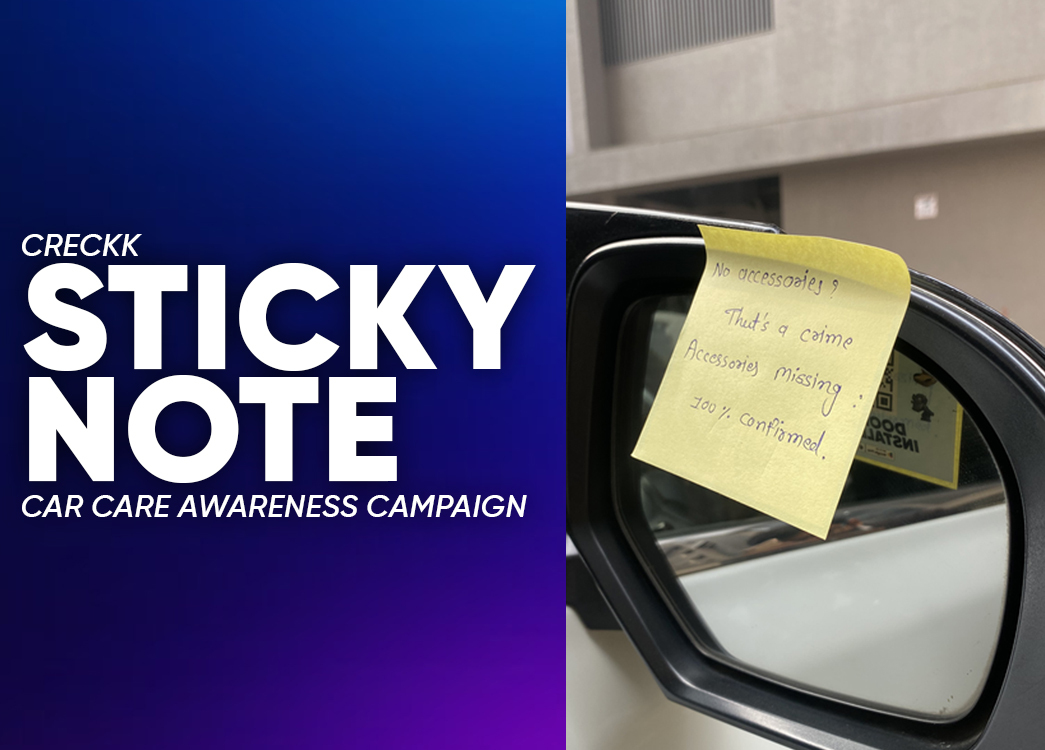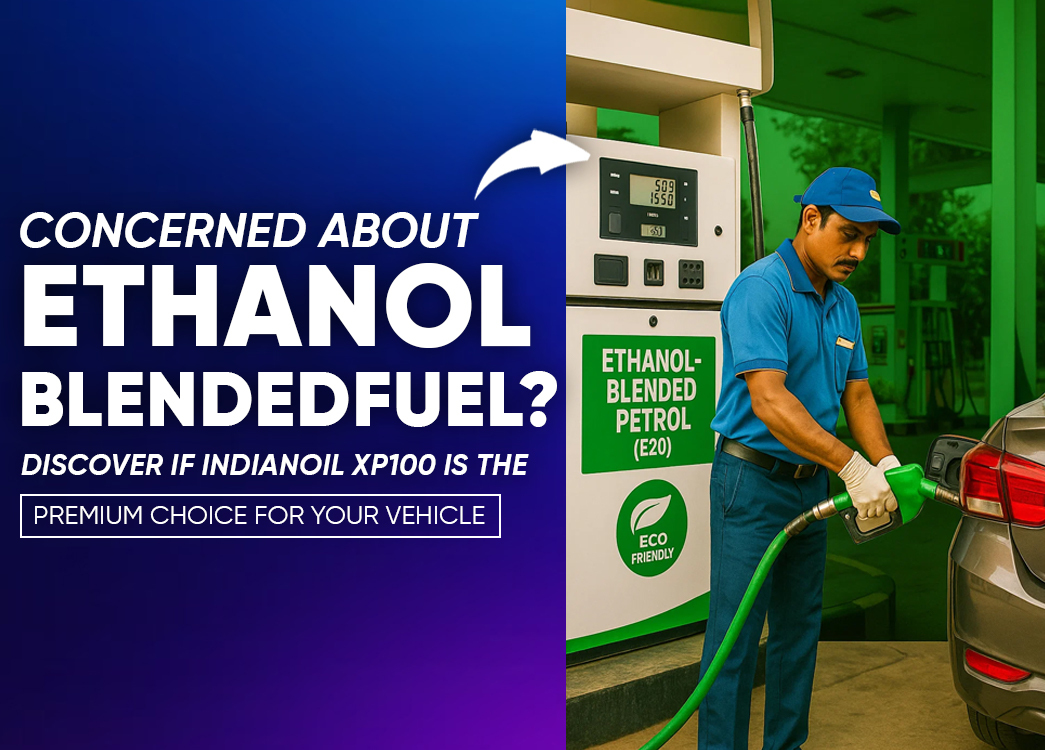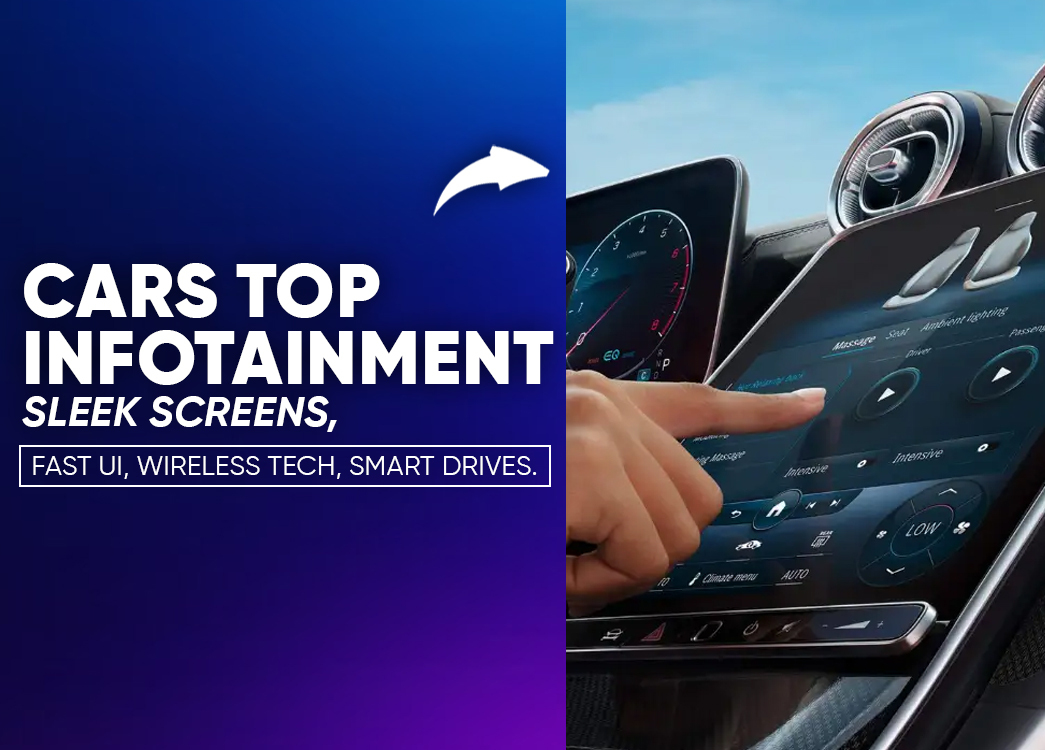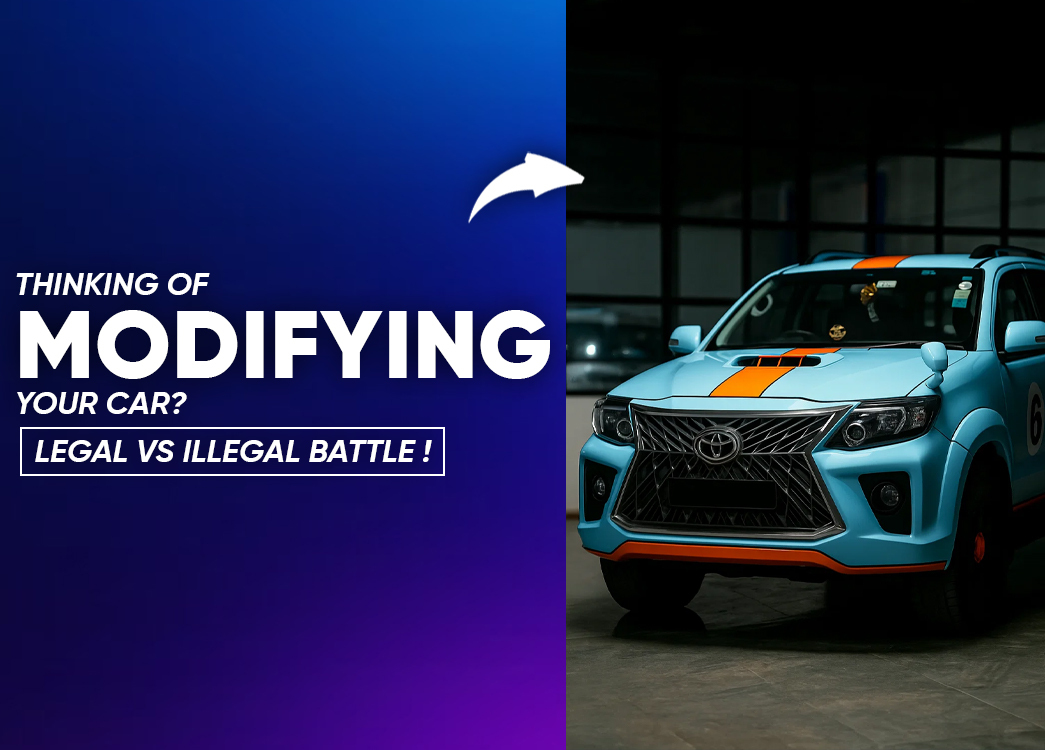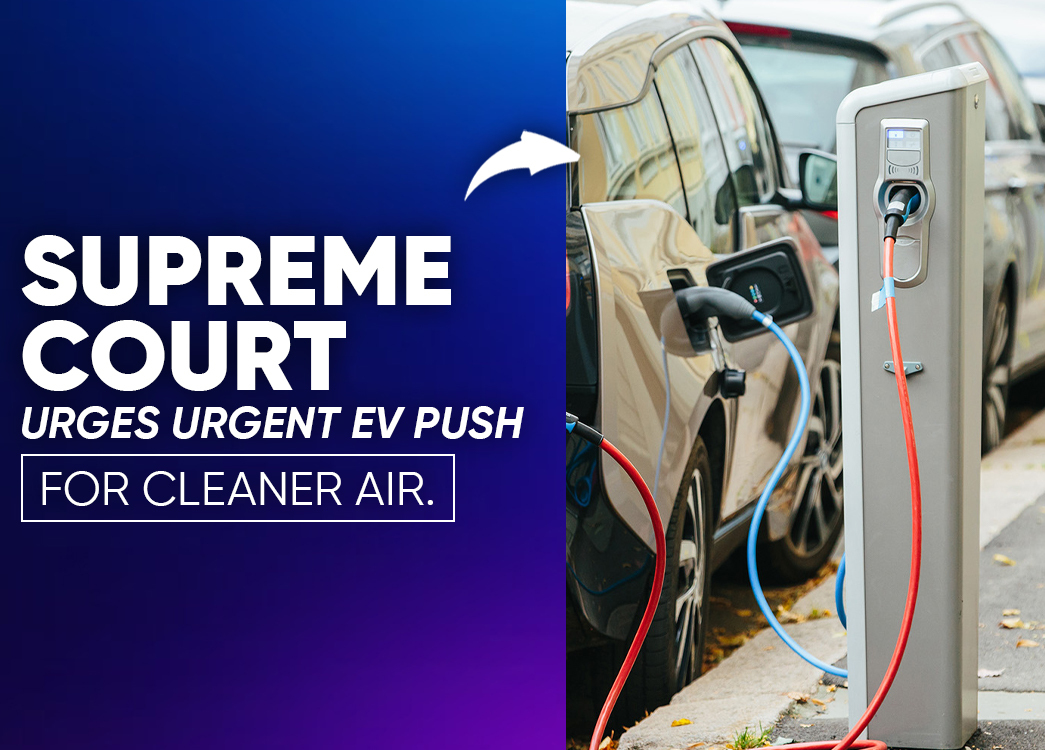
By Chaitali joshi On 16-11-2025 at 9:05 am
Supreme Court Pushes Government To Promote Electric Vehicles Amid Delhi Air Pollution Crisis
Government’s View On EV Transition And Policy Limitations
Attorney General R Venkataramani stated that a complete shift from fuel-based vehicles to electric vehicles is a major policy decision and cannot be undertaken abruptly. However, the bench insisted that NEMMP 2020 was created years ago and may no longer meet current environmental needs. Justice Surya Kant suggested that the government must now review the policy and adapt it to match the urgency of the pollution crisis.
Proposal For EV Pilot Projects In Key Metropolitan Cities
The Supreme Court proposed that the central government introduce electric vehicle pilot projects in major metro cities such as Delhi, Mumbai, Kolkata, Chennai, and Bengaluru. These cities face the highest vehicular pollution, making them ideal locations for testing large-scale EV solutions. The court noted that pilot projects can help identify challenges and create a roadmap for a nationwide rollout. The matter has been scheduled for a follow-up hearing four weeks later.
Earlier Observations On Vehicular Pollution Across India
In a hearing from February 2020, the Supreme Court had already pointed out that vehicular pollution affects the entire nation, not just Delhi. The court highlighted that harmful emissions from fuel-based vehicles pose health and environmental risks on a national scale. This is why the Electric Vehicle Policy and the Faster Adoption and Manufacturing of Hybrid and Electric Vehicles India scheme must be fully implemented.
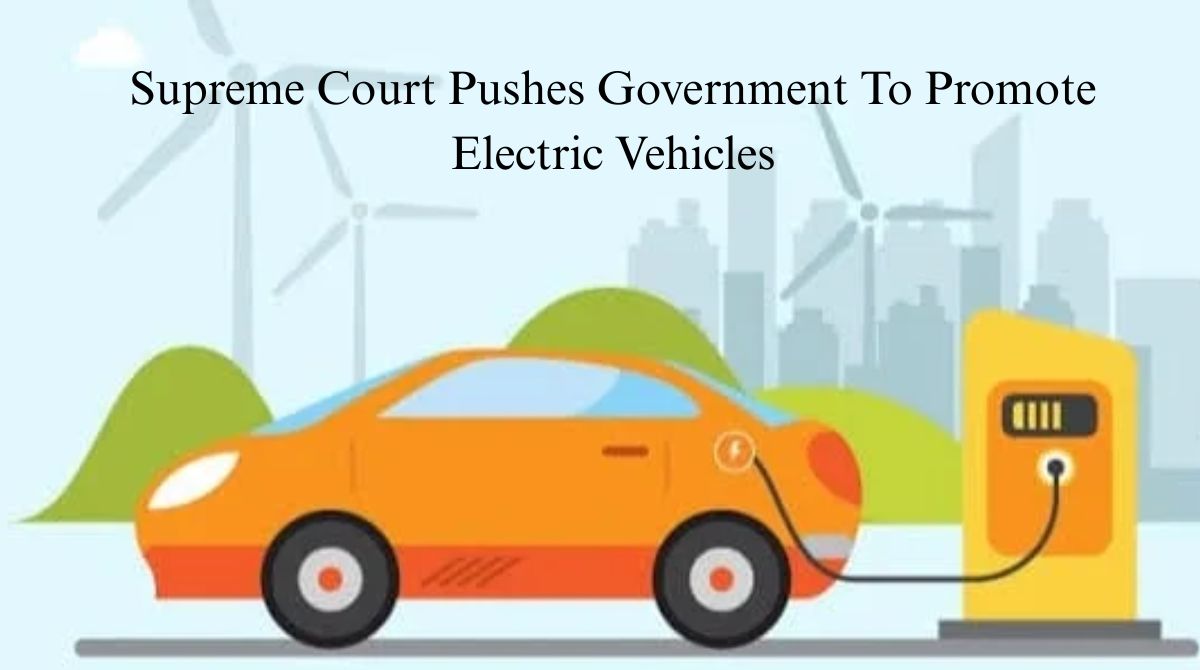
Supreme Court Advises Virtual Court Appearances Due To Toxic Air
On the same day, Justice P. S. Narasimha urged lawyers to attend hearings virtually to avoid the health risks posed by the severely toxic air in Delhi. The judge stated that masks alone may not provide sufficient protection against the dangerous levels of air pollution. This advisory further reflected the seriousness of the environmental conditions in the capital.
Key Points From The Supreme Court’s Discussion
| Subject | Details |
|---|---|
| Main Concern | Severe air pollution in Delhi and other metro cities |
| SC Directive | Revisit National Electric Mobility Mission Plan 2020 |
| Suggested Action | Launch EV pilot projects in Delhi, Mumbai, Kolkata, Chennai, Bengaluru |
| NGO Argument | Consumers need financial incentives because EVs cost more than conventional vehicles |
| Government Position | Complete shift to EVs is a major policy decision requiring planning |
| Past Observation | Vehicular pollution impacts all major regions across India |
| Additional Advisory | Lawyers asked to join hearings virtually due to hazardous air quality |
Why India Must Prioritize EV Adoption Now
The Supreme Court’s call for revisiting NEMMP 2020 comes at a time when air quality in major cities is reaching hazardous levels. The need for clean transportation has never been more urgent. Stronger incentives, pilot programs, and policy updates are essential to pushing India toward sustainable mobility. The court’s intervention may help accelerate the country’s progress toward cleaner air and electric mobility.
FAQ:
Why did the Supreme Court call for promoting electric vehicles?
The court is concerned about rising air pollution levels, especially in Delhi. It believes that promoting electric vehicles is necessary to reduce emissions and protect public health.
What changes did the court suggest for NEMMP 2020?
The court suggested that the National Electric Mobility Mission Plan 2020 must be revisited because it has not been updated for five years and may no longer meet current environmental demands.
What are EV pilot projects and why are they needed?
EV pilot projects are small-scale electric mobility programs launched in select metro cities. These projects help test infrastructure and policy frameworks before a nationwide implementation.
Why did the NGO demand incentives for EVs?
The NGO argued that EVs cost more than petrol or diesel vehicles. Providing incentives would make them more affordable and encourage mass adoption.
What was the government’s response in court?
The Attorney General mentioned that shifting entirely to EVs is a major policy move requiring extensive discussion and planning.
Why were virtual hearings advised by the Supreme Court?
Due to extremely hazardous air quality in Delhi, Justice P. S. Narasimha advised lawyers to join hearings virtually to avoid prolonged exposure to polluted air.
Author
Chaitali joshi
Related posts



